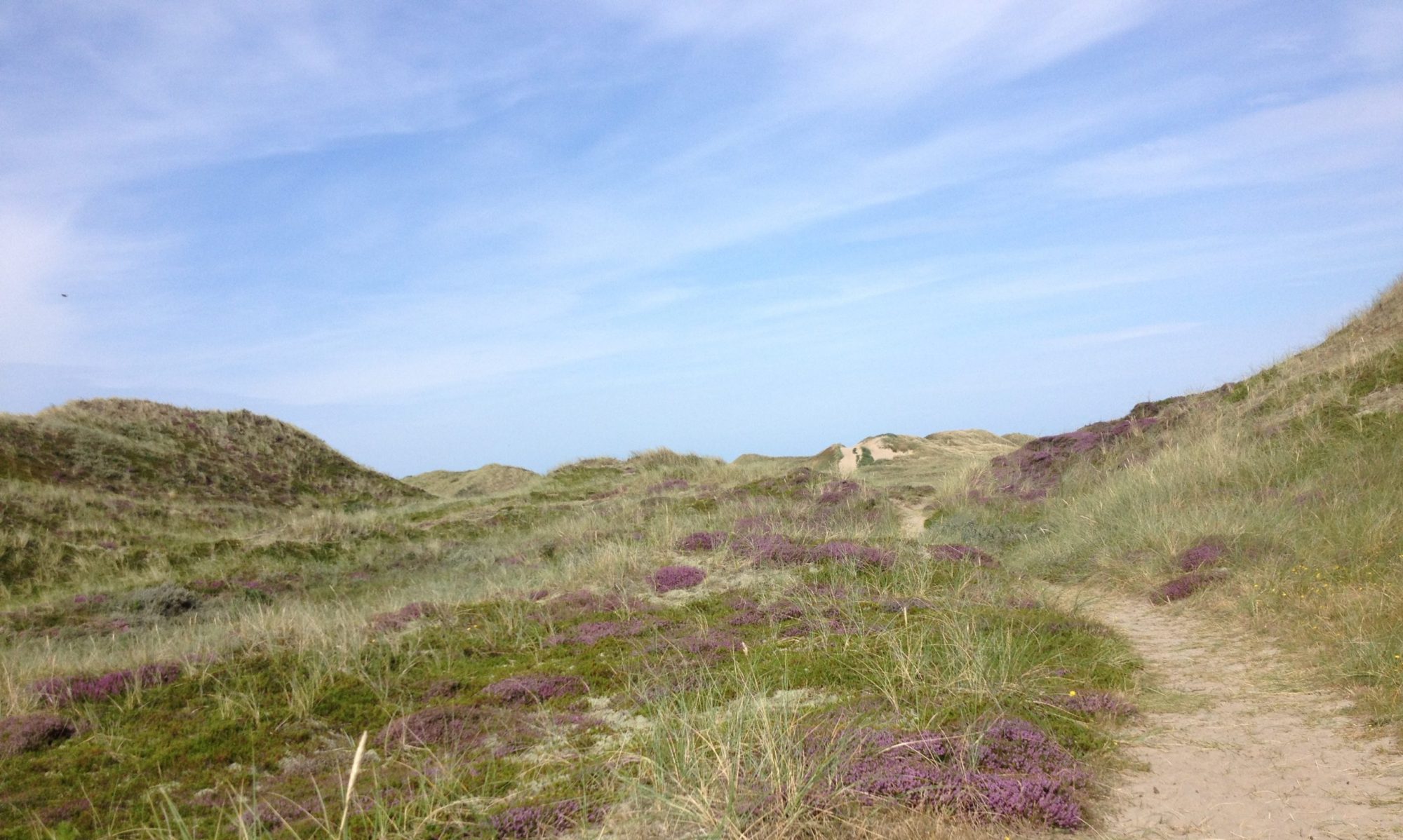I couldn’t contain my excitement as I walked through the doors of the University of Helsinki. The reason? A two-day workshop on Sustainable Linguistics. As an ecofeminist, I was itching to find intersections between these two seemingly unrelated disciplines. How could I marry sustainable linguistics and ecofeminism? Could this be a match made in interdisciplinary heaven? Many people will, perhaps, reject this seemingly strange coupling immediately because the “F-word”—feminism, that is—still raises a few eyebrows. To those people, I say: Fear not! We are not about to embark on a crusade against all things male; that would not be very sustainable after all.
Different Paths, Same Terrain
In any case, and to my pleasant surprise, I was able to identify two recurring themes that share space for discussion within ecofeminism and sustainable linguistic theories and methods. First, the identification and fight against subtle yet omnipresent institutional oppression, and second, the complex landscapes of identity.
Northern Lights and Harsh Realities
As a Costa Rican unfamiliar with minority languages in the Global North, I was taken aback to learn about how the uniqueness of entire languages and speaking communities is neglected in the face of power and privilege in places such as Greenland and Sweden. Stories of systematic discrimination—whether it was Naja Trondhjem’s critique calling out the Danish language teaching methods and educational material being imposed on Kalaallisut, or Pascale Wehbe’s research on the unfair overgeneralization of Swedish monolingual tests and norms for bilingual Arabic-Swedish speaking children in Sweden—were eye-openers. The takeaway? The struggle for ethical language education is universal, transcending the imaginary divisions of ‘Global South’ and ‘Global North.’
Change-makers in Action
But here’s the silver lining—the workshop wasn’t just an exposé of grim realities. It also spotlighted innovators like Minna Maijala and Salla-Riikka Kuusalu, who shared compelling strategies for sustainable language teaching through transformation-oriented ESD. While integrating these techniques into mainstream politics is a challenging task, as they say, “change starts with one good example.” Precisely, the fact that the workshop became an outlet for inspiring success stories that may take us in the direction of a liveable and harmonious diversity was one of its most valuable aspects. Just as in ecofeminism, sustainability deals with issues of agency and autonomy for minority groups. Hats off to Pablo Fuentes, Gabriela Pérez Báez, and Sami Honkasalo, whose work helps pave the way for environmentally responsible linguistic methods that, although not perfect, uplift rather than extract. They showed a way to create space for the invigoration of language in its own natural setting through self-documentation and community integration, favouring processes of self-knowledge and empowerment, particularly if we make sure to leave the knowledge in the community for its preservation and continuation.
Unpacking Identity
The topic of identity was a pervasive, though often unspoken, theme throughout the workshop. It was explicitly brought up by Iryna Ushchapovska and subtly touched upon in various discussions on autonomy, the complex dynamics of hospitable conviviality across species, and debates on individual versus collective identities within the context of ethno and eco linguistics. This focus led me to ponder existential questions: What defines my identity? Am I shaped by my inherent traits or by my environment? What role do I play in creating, documenting, or preserving knowledge? At this juncture, the questions raised by Judith Purkarthofer resonated strongly: “Where am I? Who am I? What interests me, and why? Am I viewed as a stranger? How am I defined by age and gender?” Furthermore, as someone who facilitates language analysis, what responsibilities do I hold towards the knowledge experts and their own identities? Can I remove myself from the institutional hierarchies and power dynamics of global academic ethics to serve the community ethically during fieldwork? Should identities be concealed for safety reasons, or would that erasure itself be a form of violence (as Tatjana Schnellinger and Susanne Mohr questioned)?. Is there a universal answer to all this? These lines of inquiry that resonate with larger discourses within sustainability and ecofeminism alike are not just philosophical musings; they demand our critical engagement as we navigate the complex ethics of theory, fieldwork, and community involvement.
And We Continue Ahead
Despite the unanswered questions, the workshop left me with an invigorating sense of “response-ability,” to borrow a term from Gavin Lamb. There was, undoubtedly, a collective will to engage with these questions and many others that arise in the future, driven by what Carsten Levisen described as “an aspirational sense that things can be better.”
So, whether you’re a linguist, an ecofeminist, both, or someone curious about how sustainability intersects with issues of identity, agency, and oppression or dominance, let’s continue to ask the tough questions, explore, and disrupt. After all, the journey to a better future begins with the steps we are willing to take today.
